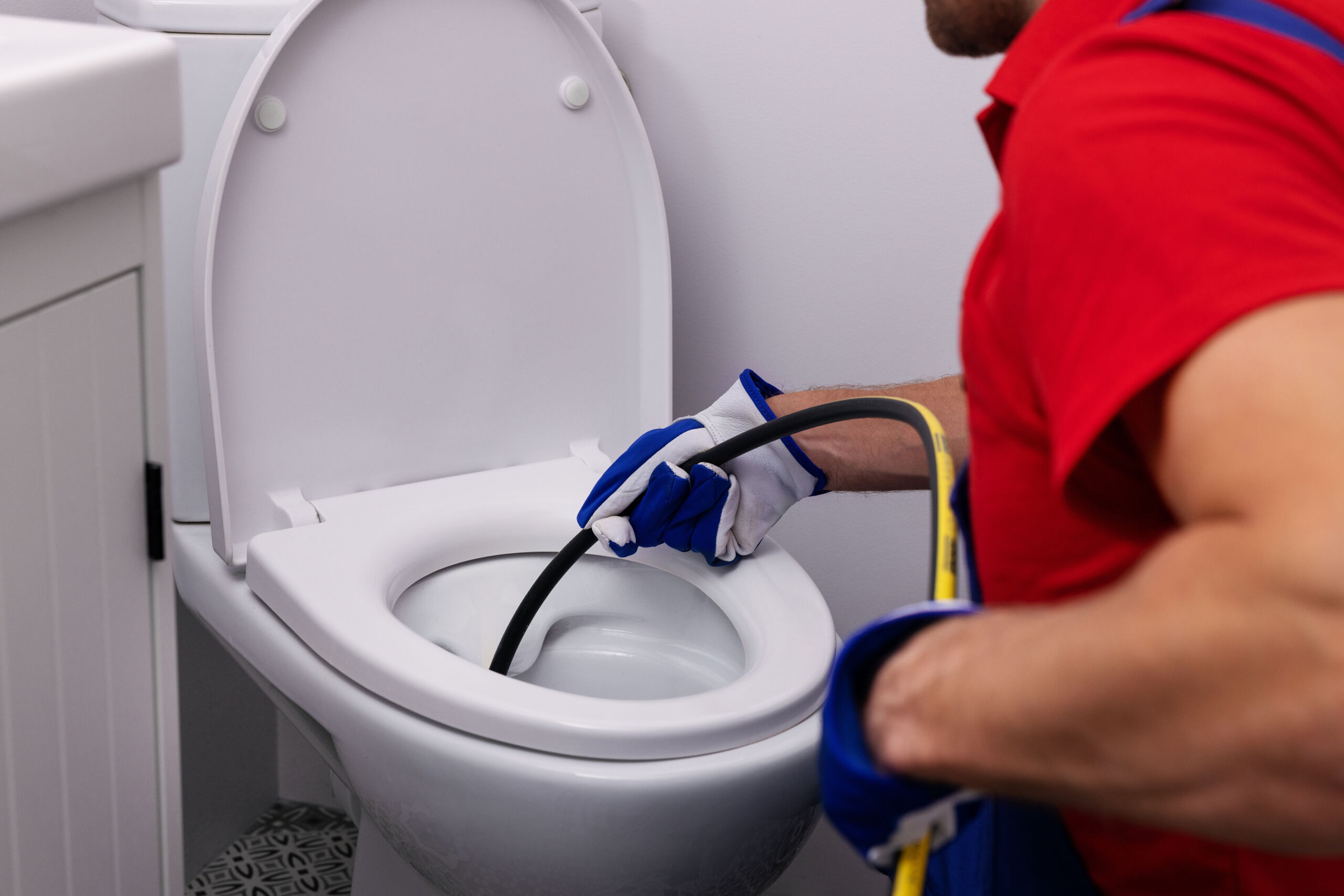When it comes to running a successful business, reliable hot water isn’t optional—it’s essential. From restaurants and hotels to office buildings and warehouses, your facility’s water heater supports day-to-day operations and customer satisfaction. If you’re planning a commercial water heater installation, there are a few important factors to consider before getting started.
At Litteken Plumbing, we’ve helped business owners throughout the Metro East choose and install the right water heater systems for their needs. Here are five things you should know before your installation.
1. Know Your Hot Water Demand
Commercial water heaters come in a wide range of sizes and capacities. To ensure efficiency and performance, it’s crucial to understand your business’s daily hot water needs. Factors to consider include:
- Number of sinks, showers, or appliances requiring hot water
- Peak hours of water usage
- Simultaneous demand across multiple fixtures
An undersized unit may struggle to keep up, while an oversized one could waste energy and money.
2. Choose the Right Type of Water Heater
There are several types of commercial water heaters, each with unique pros and cons. Your choice will depend on your budget, available space, and energy preferences:
- Tank Water Heaters: Store a large volume of hot water for consistent supply. Ideal for businesses with steady usage.
- Tankless Water Heaters: Heat water on demand. Energy-efficient and space-saving but may require multiple units for larger operations.
- Boiler Systems: Used for both space heating and water heating in larger facilities.
- Hybrid Systems: Combine elements of tank and tankless for greater efficiency.
Our team at Litteken Plumbing can help evaluate your setup and recommend the right system.
3. Plan for Energy Efficiency
Heating water is one of the largest utility expenses for many commercial properties. Choosing an energy-efficient unit can reduce long-term operating costs. Look for:
- ENERGY STAR® rated models
- High Uniform Energy Factor (UEF) ratings
- Insulated tanks to reduce standby heat loss
In some areas, upgrading to a more efficient commercial water heater may also qualify for rebates or tax incentives.
4. Understand Installation Requirements
Commercial water heater installations often involve more complexity than residential jobs. You may need to account for:
- Proper venting and exhaust systems
- Gas line upgrades or electrical rewiring
- Floor space and clearance
- Compliance with local plumbing codes and safety regulations
Working with experienced, licensed professionals ensures your installation is done correctly and up to code.
5. Don’t Overlook Maintenance Planning
Once your commercial water heater is installed, regular maintenance is key to protecting your investment. Routine flushing, pressure checks, and inspections can prevent buildup, corrosion, and system failure.
Ask about service agreements or preventative maintenance plans during the installation process so you can stay ahead of problems before they start.
Let Litteken Plumbing Handle Your Installation
Whether you’re replacing an outdated unit or installing a water heater in a brand-new building, Litteken Plumbing is here to help. Our licensed commercial plumbers work with all major brands and system types, ensuring your equipment is properly sized, installed, and maintained.
Contact us today to schedule your commercial water heater installation or request a consultation.

